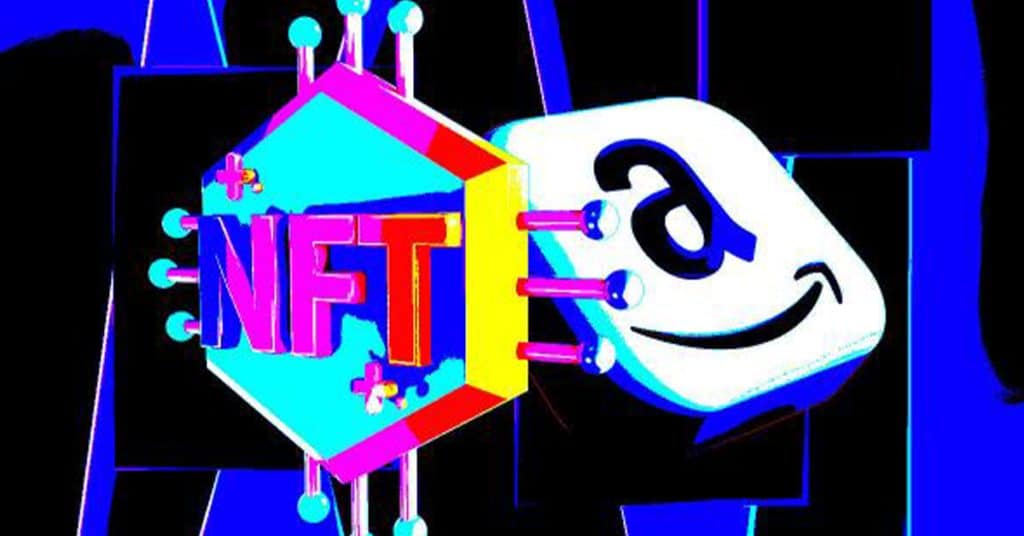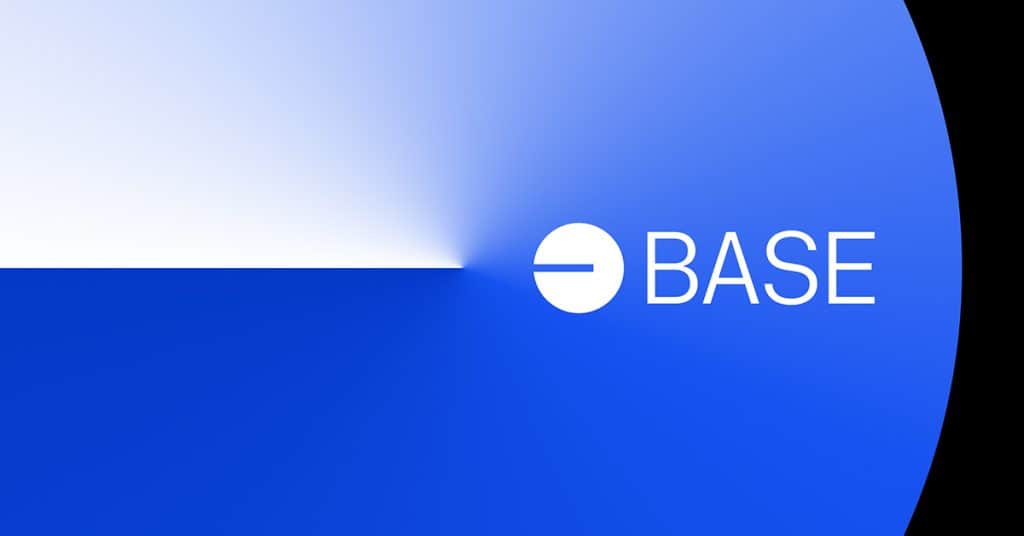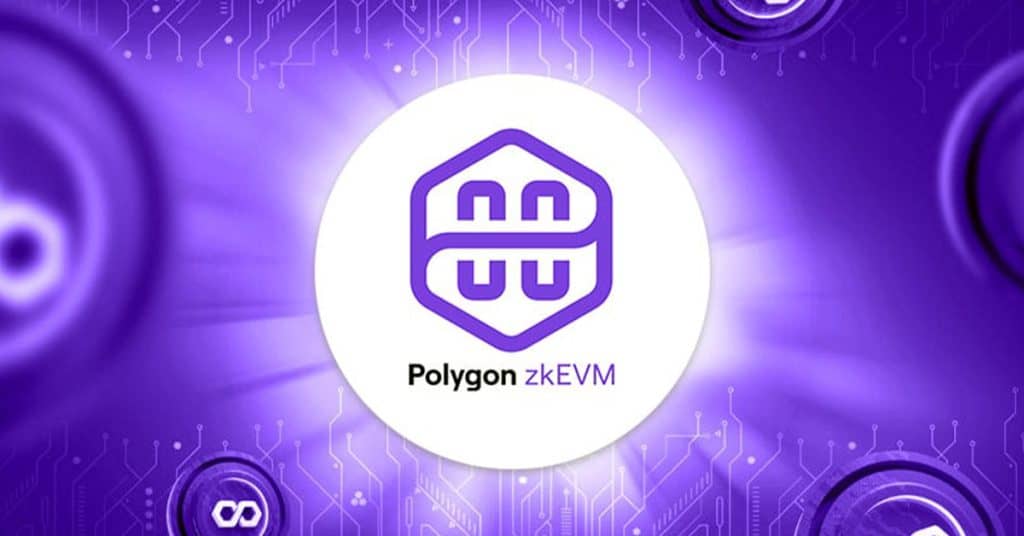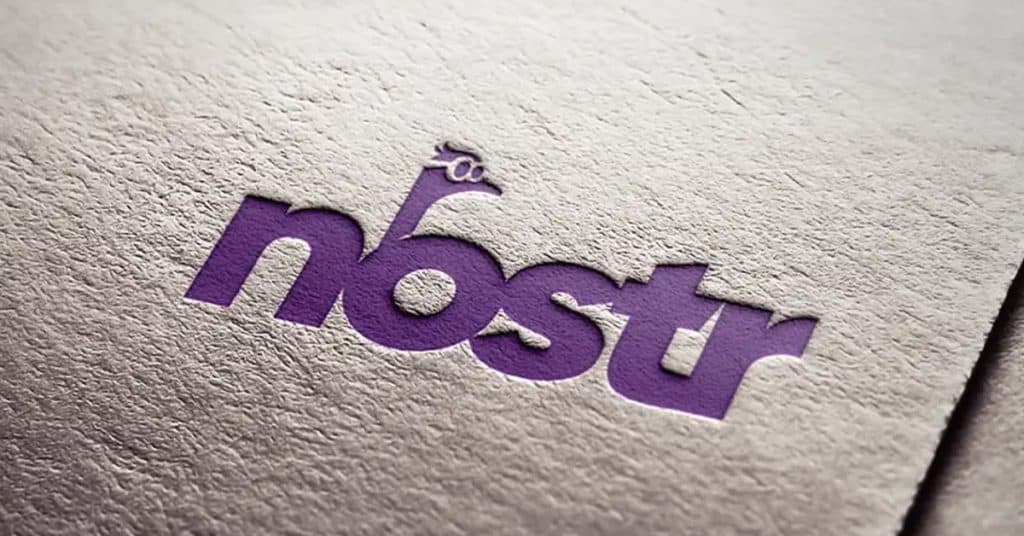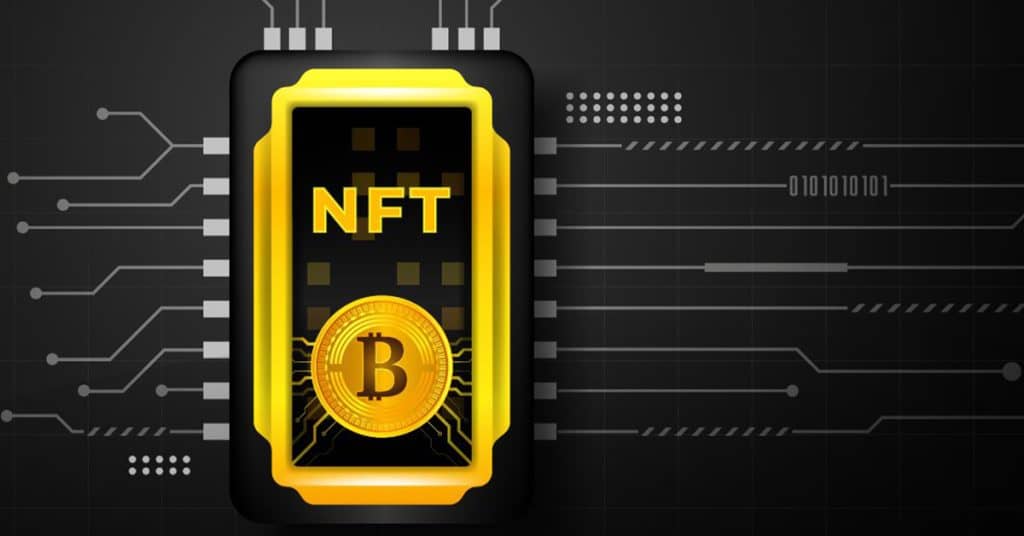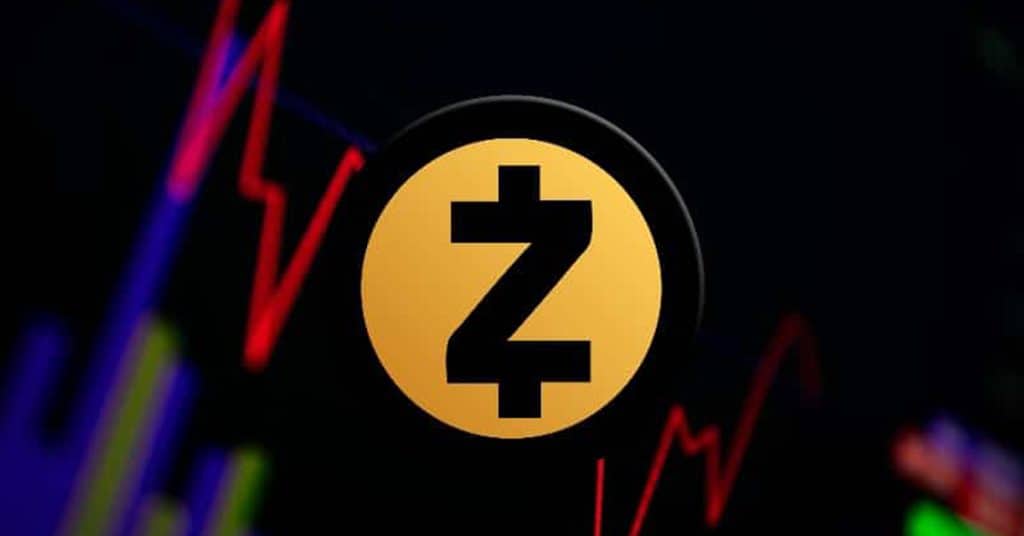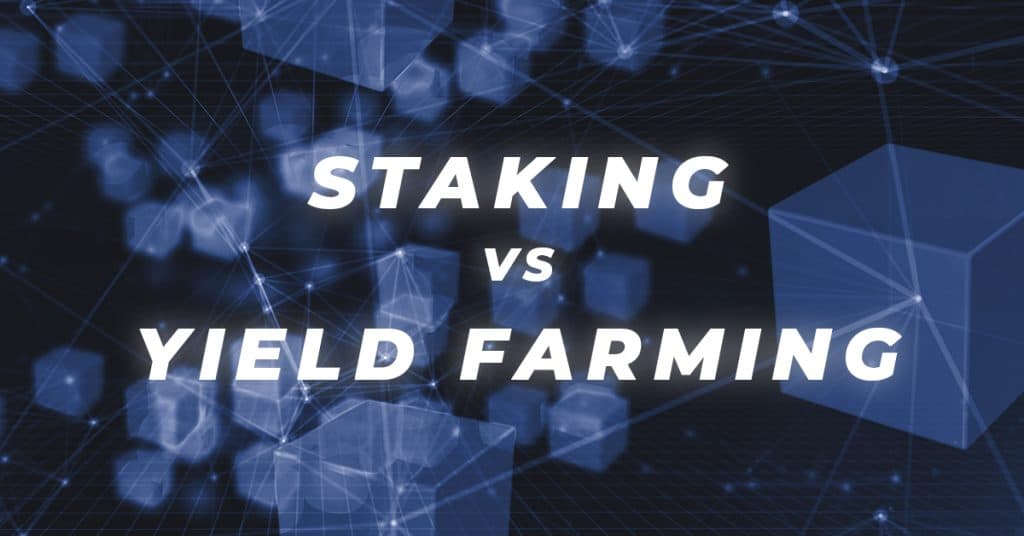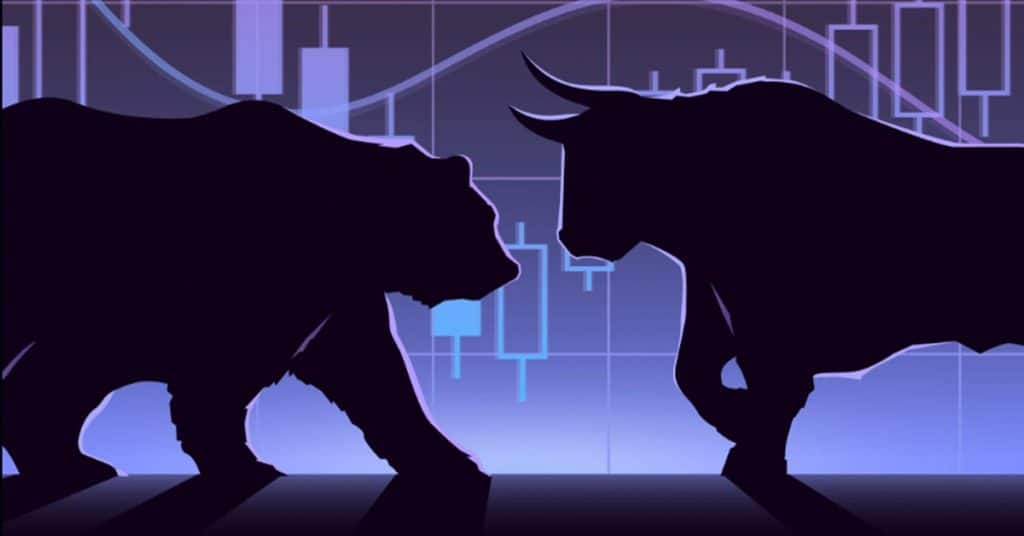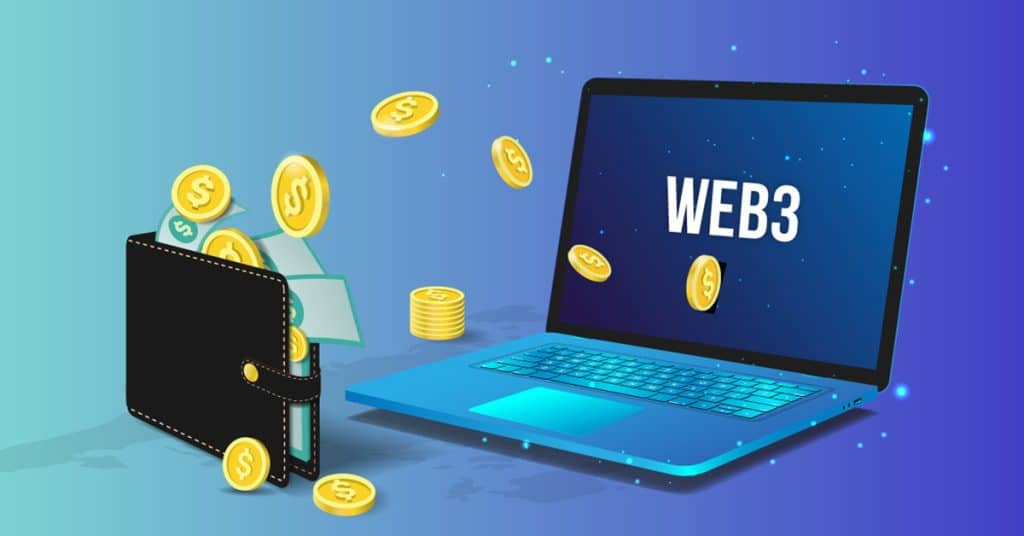Centralized and Decentralized Exchanges: Comparing Benefits and Risks (cex vs dex)
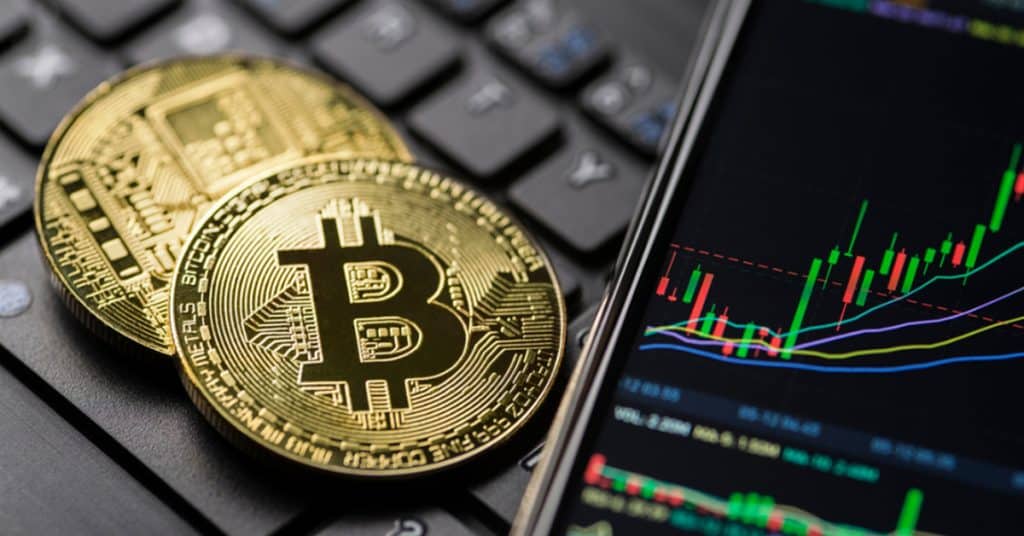
After the fall of centralized exchange FTX in November 2022, the trading volume on decentralized exchanges (dexes) surged. Let's talk about the similarities and differences and compare the benefits and drawdowns of centralized and decentralized exchanges. What should you consider when deciding which type of exchange(s) to use?
The TL;DR
The difference between centralized and decentralized exchanges in a nutshell? Unlike a centralized exchange, on a decentralized exchange, you don't need to make an account. Also, you don't have to send any funds to it to start trading. You just connect your crypto wallet and start swapping coins.
What is The Best Starting Point to Buy Crypto?
Let's start from the point of being a nocoiner: someone who doesn't own any crypto. In that case, will you go for centralized and decentralized exchanges? Unless you're a miner or if someone pays you in crypto, you will need to go to a centralized exchange (cex). A dex doesn't accept dollars.
There is no lack of exchanges to choose from! And this centralized bottleneck into the 'real' crypto is probably for the better, as the user experience is comparable to traditional banking and many other types of accounts:
How do you Start Trading on a Cex?
- You sign up and provide personal details like a copy of a passport
- You deposit dollars or other fiat currency
- You can buy crypto and start trading crypto
- Like a company, the cex sends you e-mails and you can correspond with a Helpdesk

